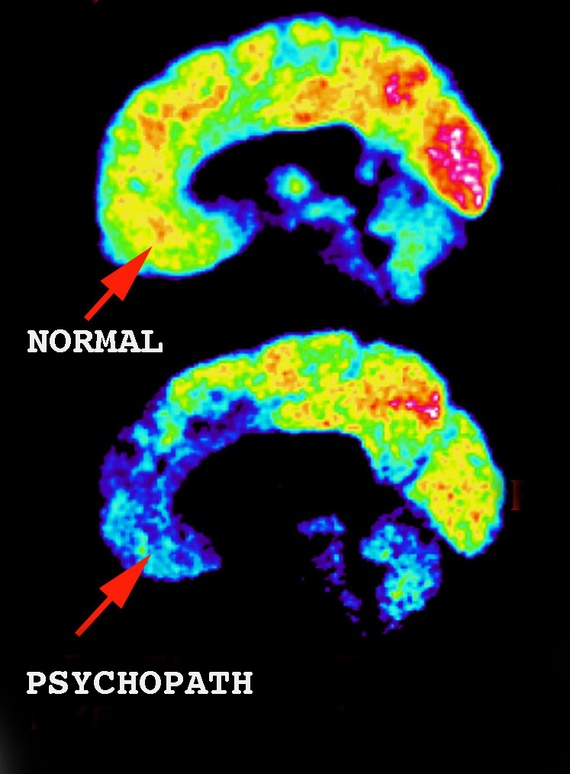Background: In this episode Gideon, Hotcher, and their team interview husband and wife serial killers awaiting execution on death row.
Jacob and Sarah Gene Daaz went to jail, after an anonymous phone call, for the murder of 12 teenage girls and their son Rylee. A thirteenth victim was found just days before their scheduled execution date. In the hours before the execution time, the BAU team conducts a series of interviews in a desperate attempt to find out about any other possible victims.
Jacob Daaz is a sexual psychopath, which means he needs to have total procession of his victims. Jacob, an only child, was physically and sexually abused as a child by his mother. According to "Psychology Today," psychopaths do not have any successful relationships due to the absence of emotional connection and true empathetic feelings towards others. This is due to reduced activity in the pre-frontal cortex and over activation of the amygdala. They do not trust or depend on other individuals as well. For psychopaths, sex is not an emotional or intimate experience, but yet a form of control over the other individual.
Professor Adrian Raine, who first completed a scanning study on murders, has found evidence that childhood abuse can create killers by causing physical damage to the brain, the pre-frontal cortex especially. Genes are a huge factor in violent behavior as well. There was a breakthrough in 1993 dealing with a family from the Netherands where all the men had a history of violence. It was found that they all lacked the same gene. This gene that they lacked is one that produces an enzyme called MAOA, which regulates levels of neurotransmitters involved in impulse control. It seems that this genetic tendency towards violence, together with an abusive childhood, is the combination in with murders are made. I believe that it was Freud who said that early childhood plays a key role in development and these studies are proof of that.
For Jacob Daaz, having power and control over the young girls he killed was part of his fantasy. He was changed from his childhood experiences and possibly a genetic link to violence. In his messed up, psychopath mind, killing Sarah Jean to him was total control, and the completion of his fantasy.
Sarah Jean on the other hand, was not abused as a child. Her father was a strict, military man but he did abuse her mother though. There is nothing to suggest, in this episode, that Sarah Gene was a true killer and the BAU team soon discover that Sarah Jean is innocent. The team was able to analyze certain behaviors of Sarah Jean's and link them to her innocence. For instance, she had painted three pieces throughout her years in prison. One had a picture of twelve roses, representing the 12 girls that were murdered ruthlessly by her husband. The second picture was of a young boy, "Rylee," running free. The last painting was of a river representing the biblical story of baby mosses floating down the river in a basket. All of these paintings are clues to Sarah Gene's innocence. The first picture of the roses suggests that she did not know that her husband was killing these young teenage girls because she was only aware of the twelve bodies that were found. The second and third picture suggest that Rylee was still alive, running free somewhere. She never murdered her son Rylee, but instead protected him in a way that appeared as if he been killed. According to Sarah Jean, "our children suffer from our sins" and she did not want this for Rylee.
Sarah Jean wanted to end her life in hopes that Rylee would never have to know about her existence. She was protecting him from Jacob and the life in which she lived in. She wanted the best life for her son, like any motherly figure would.
We could link this to Sternberg's Triangular Theory of love. This love that Sarah Jean has for her son is full of both passion and commitment. In Sternberg's theory this would be considered Fatuous Love. She loved her son very much and wanted him to have the best life possible and she knew for this to happen she could not be apart of his life.
http://www.bbc.com/news/magazine-31714853


No comments:
Post a Comment